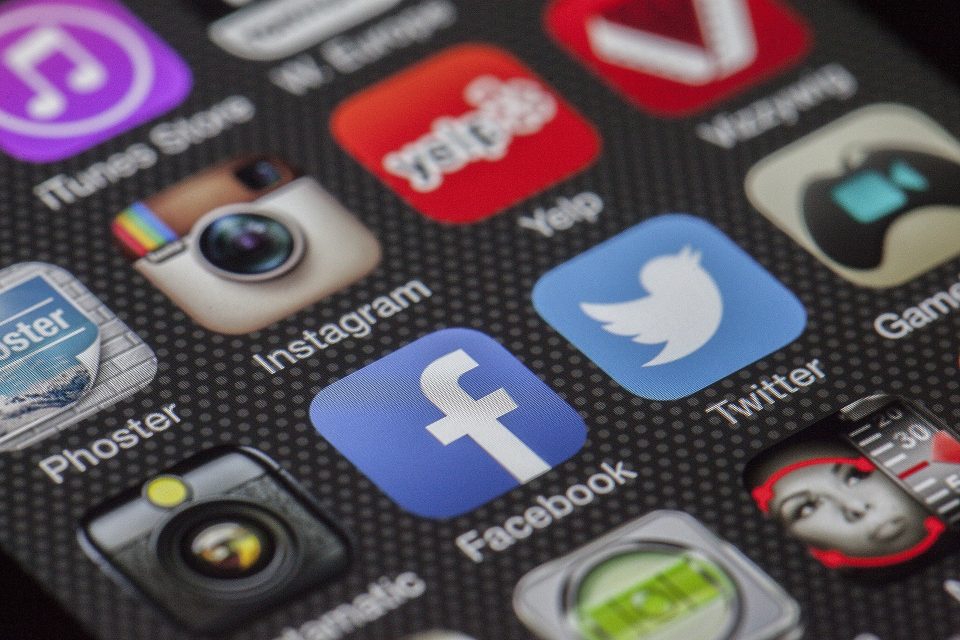Another aspect about social media that can sometimes be forgotten is around interaction, I was told early on if you want to get the most out of stuff on the various platforms interact with the posts, read the blogs, like or comment, get involved. We have become good at doom scrolling that can sometime detract from our experience.
In this huge topic there are a number of angles we could take, from governments and big businesses harvesting data, to the realities of fake news or the challenges of managing the endless notifications! And dealing with issues of extremism, free-speech and limited accountability.
One of the interesting things that plays into aspects of faith and spirituality is the challenge to be authentic. We have all seen those perfect pictures posted on various Social Media platforms of people living the dream, maybe all dressed up in their Christmas jammies, or posing in some perfect setting. These posts don’t tell us what is really going on in someone’s life and can often lead us to having a false view of their reality.
According to a Wired article on 4th Jan “A new wave of platforms is starting to gain both mindshare and market share, fuelled by a desire for more authentic, meaningful online interactions with the people users choose to stay close to. Just look at the recent rise of messaging and voice app Discord, which now has more than 140 million users.” They indicate that Generation Z are spearheading much of this change.
Social media users face a tension between presenting themselves in an idealised or authentic way. In some platforms we can see the idealised realities at play, like in insta when people follow all kinds of different people that they probably don’t even know. Meanwhile Facebook offers a potentially more authentic reality as many of the people you may connect with you will have some off line relationship with.
This sense of being authentic challenges our sense of self in the whole online world, but is also an issue in the off line world as well… are we really authentic when we meet with friends? Why do we call it out online but not necessarily in face to face situations?
One of the other things we hear a lot about is social media and mental health and it’s generally negative. My generation are definitely more inclined to focus on the bad side of online life. But talk to young people (who have grown up with social media) and you will hear some powerful stories of connection and finding their people.
Some questions to get you talking:
Which platform would Jesus use?
What’s your ‘go to’ platform and why?
What are the benefits and disadvantages in social media, as you see it?
How authentic are you online?
How important is it for you to have an online life or not?
In your experience what does faith and spirituality look like on line?
How could faith communities use social media more effectively?
Peace, Rob
Image by Thomas Ulrich from Pixabay

Rob Wylie is the founder of BeachcomberFX and guides its leadership team. He has worked in the North East for over 20 years and has vast experience from various roles he has held. He has a passion for Fresh Expressions of Church and Pioneer Ministry as well as beer, beaches and Miniature Schnauzers.

Comments 1
Thanks, Rob. I’ve dropped into the: “Social media could be good , but….” Camp. So it’s nice to be reminded that it could be redeemed and that we, as faith carriers ( I just made that term up so don’t over-analyses it) could be people who show what it could be.